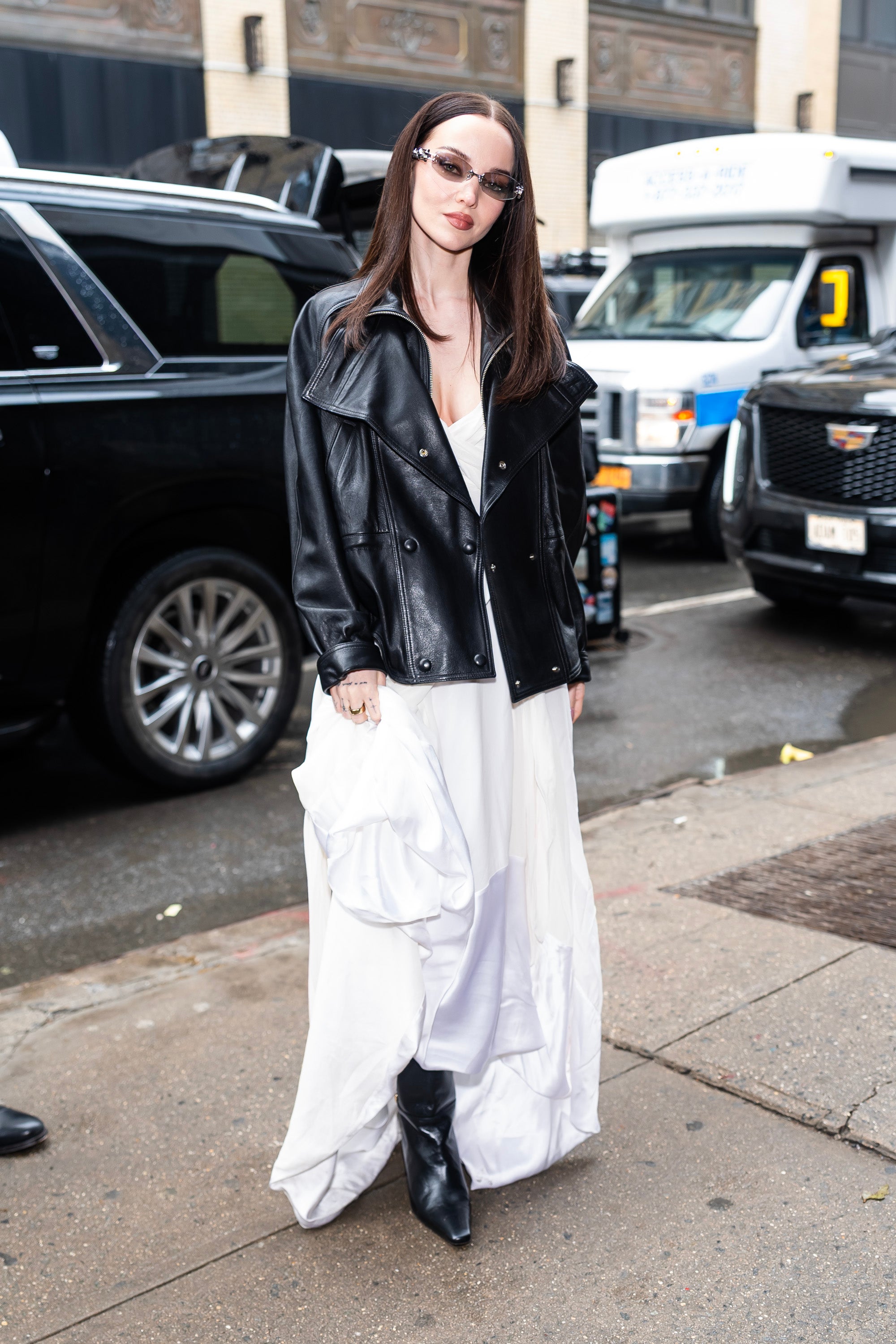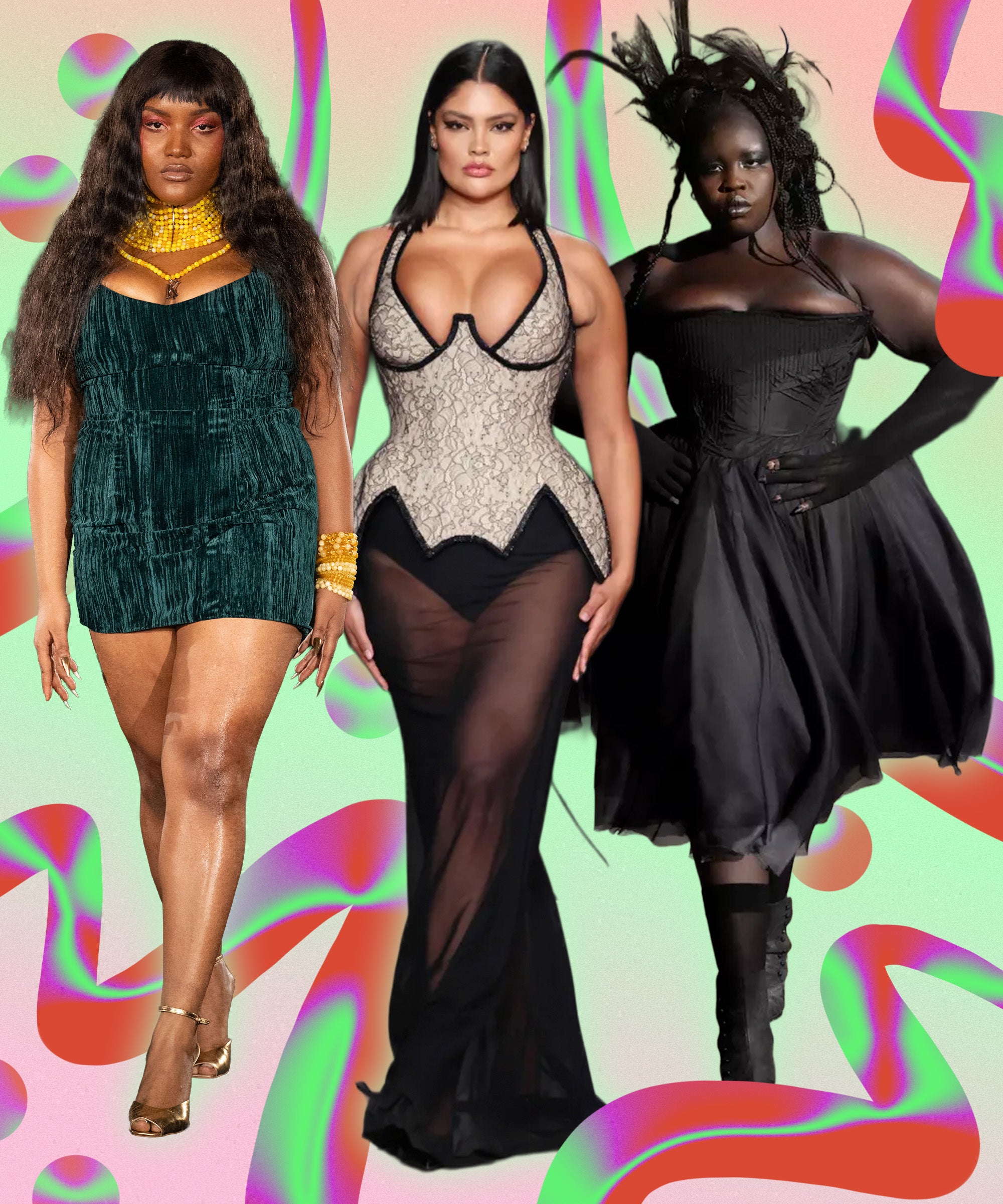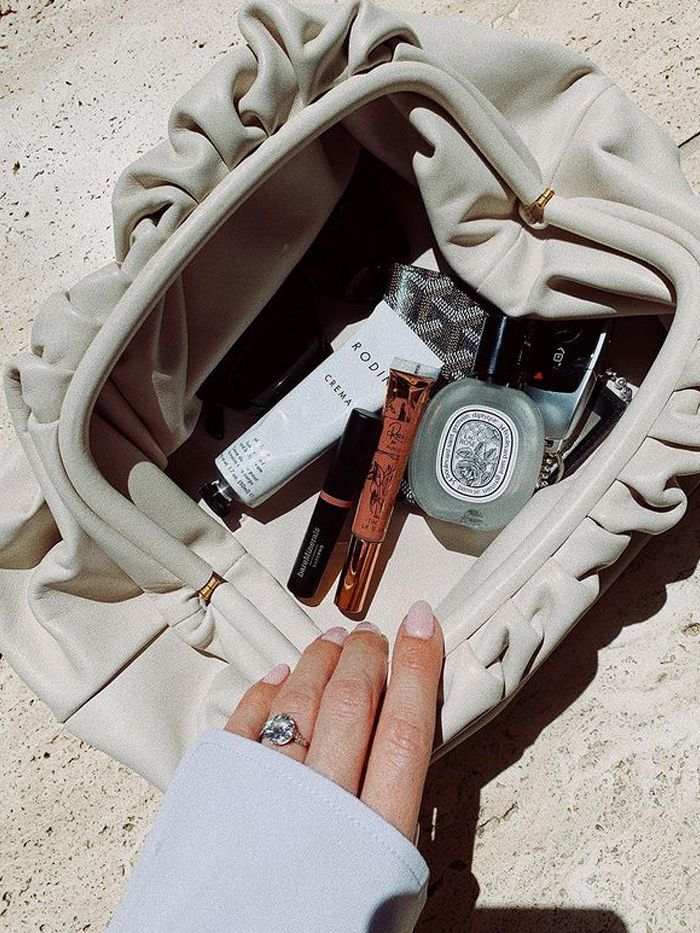
Discovering your signature scent can be a long and arduous path, but its one which all beauty aficionados know is worth traversing. Fragrance has the power to unlock memories and define moments, so it certainly pays to find one that you love to wear. Still, the process can be off-putting to say the least.
Seldom can you truly understand how a perfume is going to smell on your skin without having worn it for a prolonged period of time. This is why I always advise getting your hands on a tester if at all possible—they’ll allow you to try it at your leisure and in your everyday life, as opposed to that of a quick spritz on your arm in a store. However, I acknowledge that obtaining these testers isn’t always easy; especially if you don’t live near a stockist which carries the perfume you want to try. Online, it’s not much simpler either—very few sites offer to send out testers in the post, meaning you’re left to buy fragrance blind. And when a bottle can cost anything from £30 to £250, it’s a bit of a gamble. So, what do I suggest? If you’re in any doubt, opt for a French perfume.
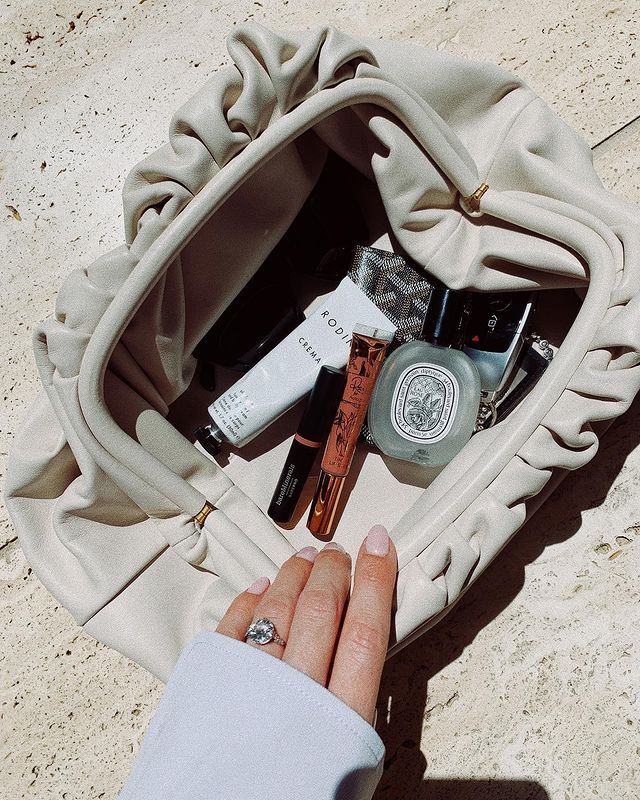
There are certain things the French do exceptionally well, and one of them is creating perfumes. Although it wasn’t the first country to start blending perfume, French perfume brands are considered some of the best in the world. In France, perfume became popular during the Renaissance when Catherine de Medicis, the wife of King Henri II, introduced encouraged those in the French court to wear a floral elixir when in her presence. And today, French perfumes consistently grace best-selling fragrance lists from around the world.
When you think of France and the women who live there, notions of timeless elegance often spring to mind—and that’s precisely what you can expect from fragrances formulated on French soil, too. Whether they’re creations from leading brands in the olfactory industry—such as Ditpyque and Ex Nihilo—or scents created by the country’s defining fashion houses—think Chanel, Dior, and YSL—there’s just something about French perfumes that makes them perennial.
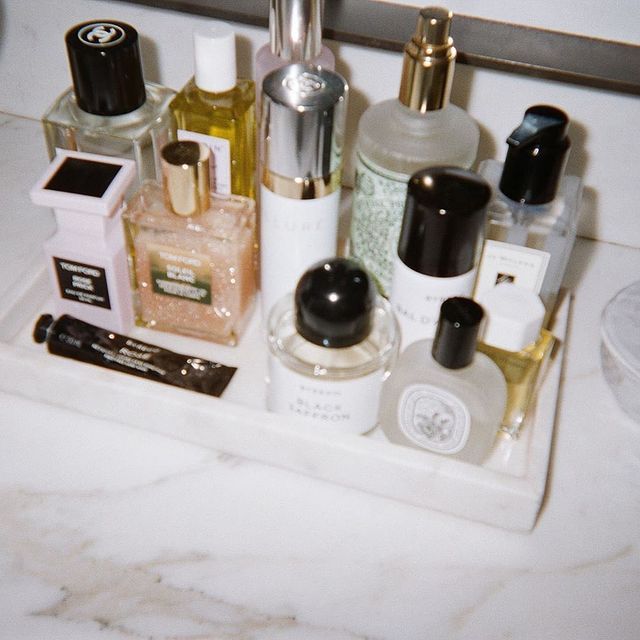
Of course, it’s impossible to pigeon-hole French perfumes; some are woody and spicy, or clean and fresh, while others sexy and saccharine. it really depends on the preferences of the perfumery and the specific blend in question. But you can rest assured that a French perfume always makes for a sound investment. To help you find your signature French scent, I’ve whittled down some of the best French perfumes, categorised by individual brand.
From classic to contemporary, scroll below to to see the best French fragrances to update your scent library with.
As iconic as one of the brand’s quilted bags or bouclé jackets, Chanel’s scents are perhaps the most iconic French perfumes in the world—namely Chanel No.5. Still, Chanel has plenty of other fragrances to consider—I’m particularly partial to Coco Mademoiselle.
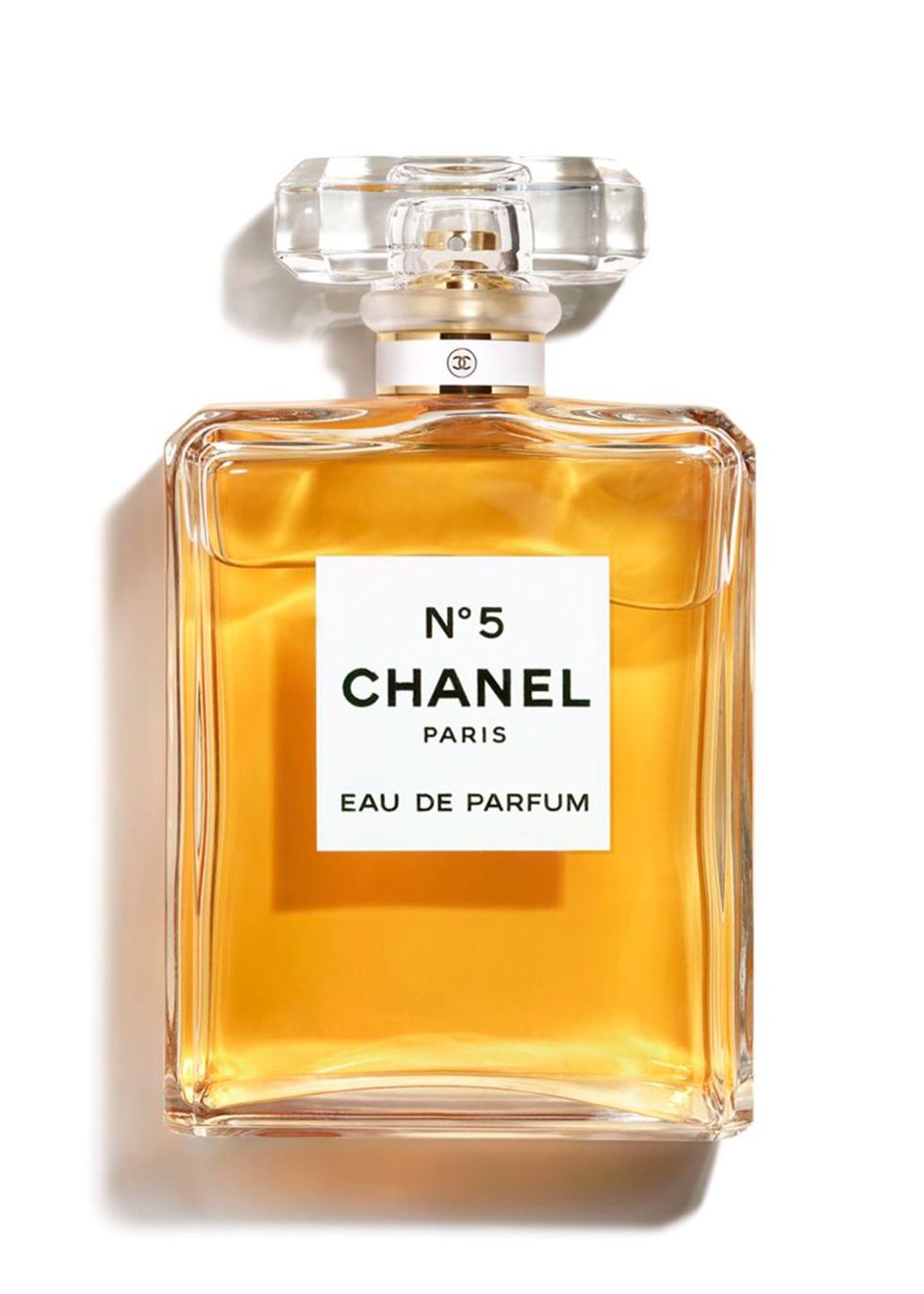
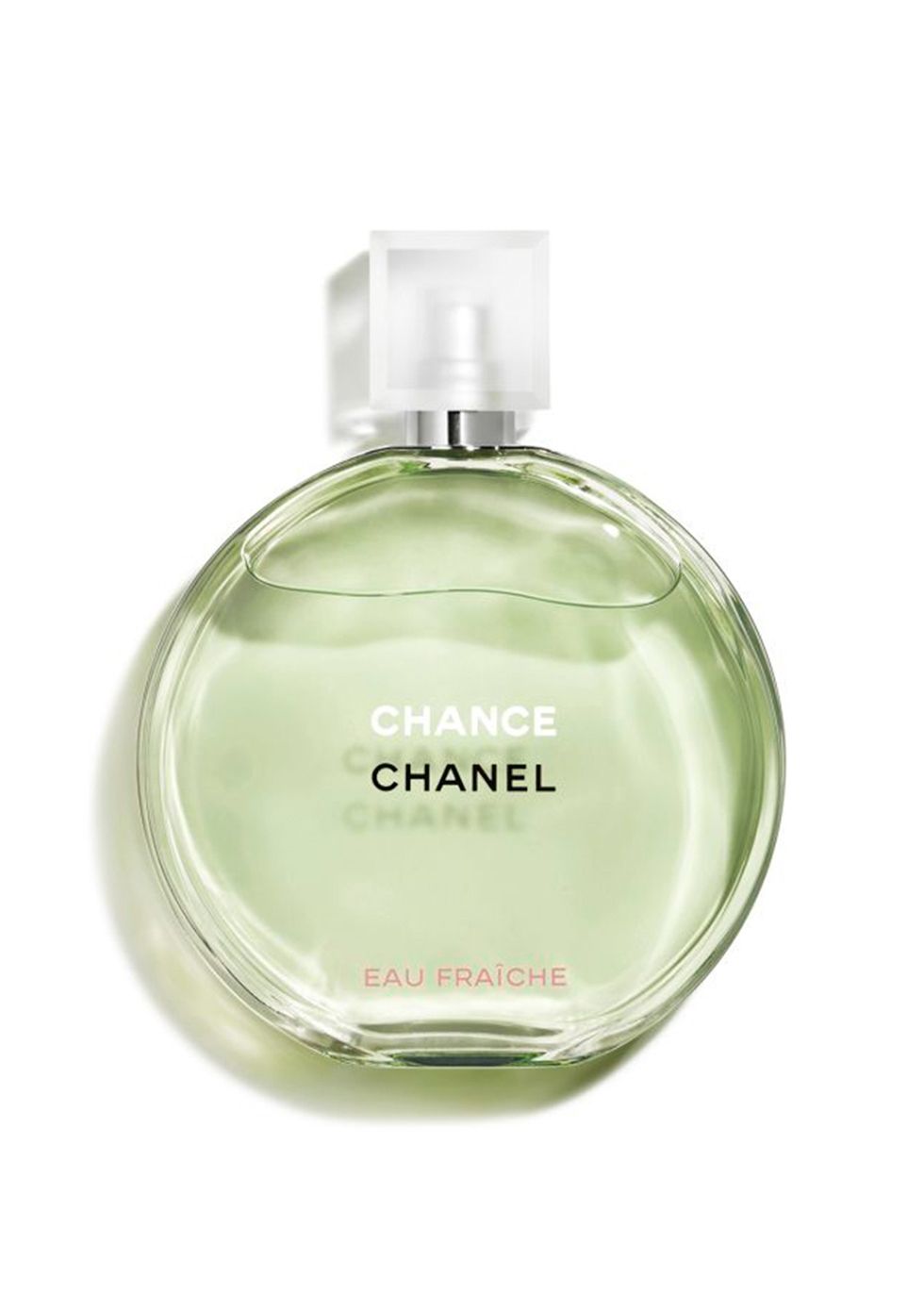
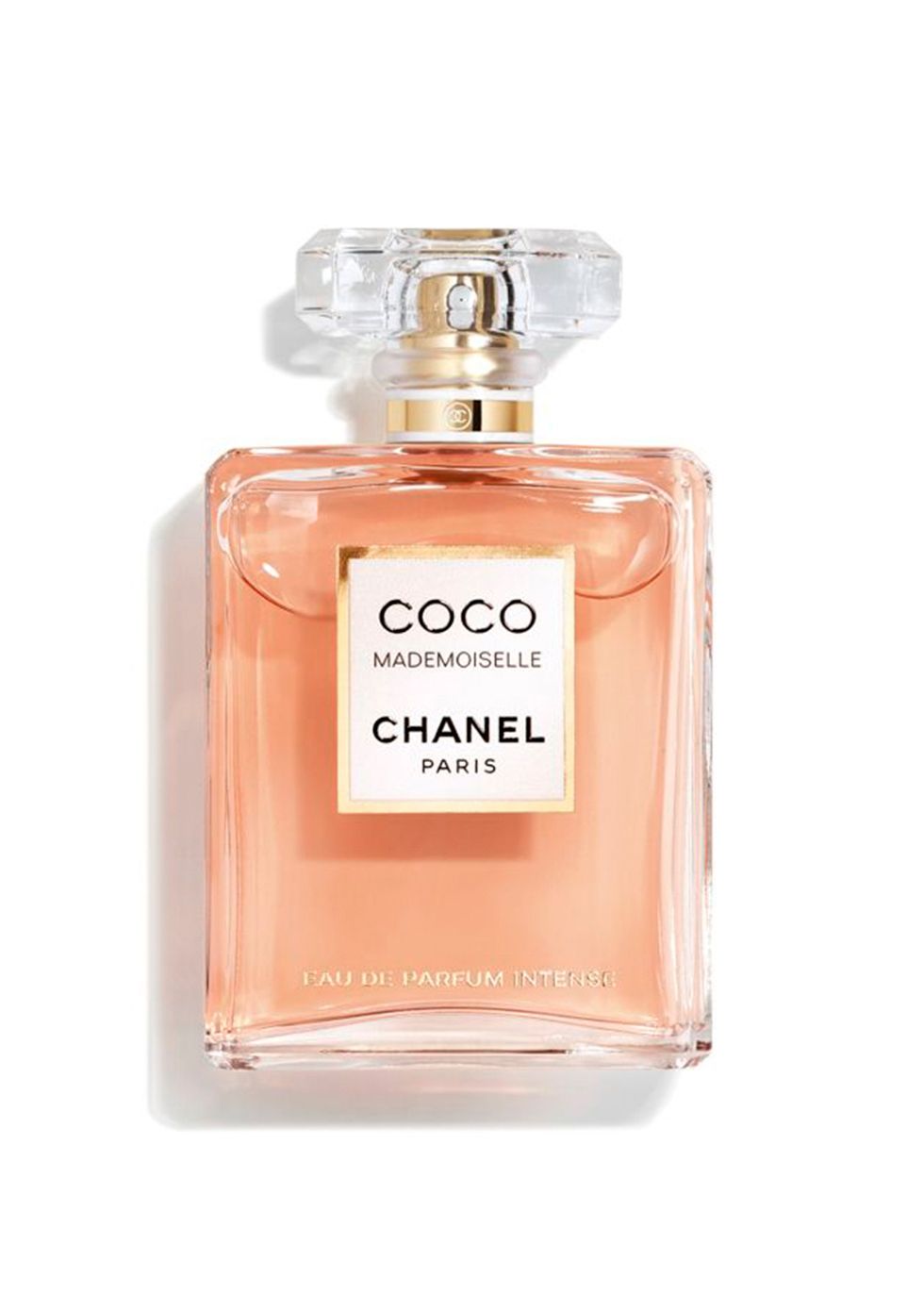
I bought my first bottle of Aerin perfume three years ago (I chose Wild Geranium, in case you were wondering), and it’s become one of my all-time favourite scents. Not only will these bottles look gorgeous lined up in your bathroom, but they also smell divine, having been inspired by the natural world.
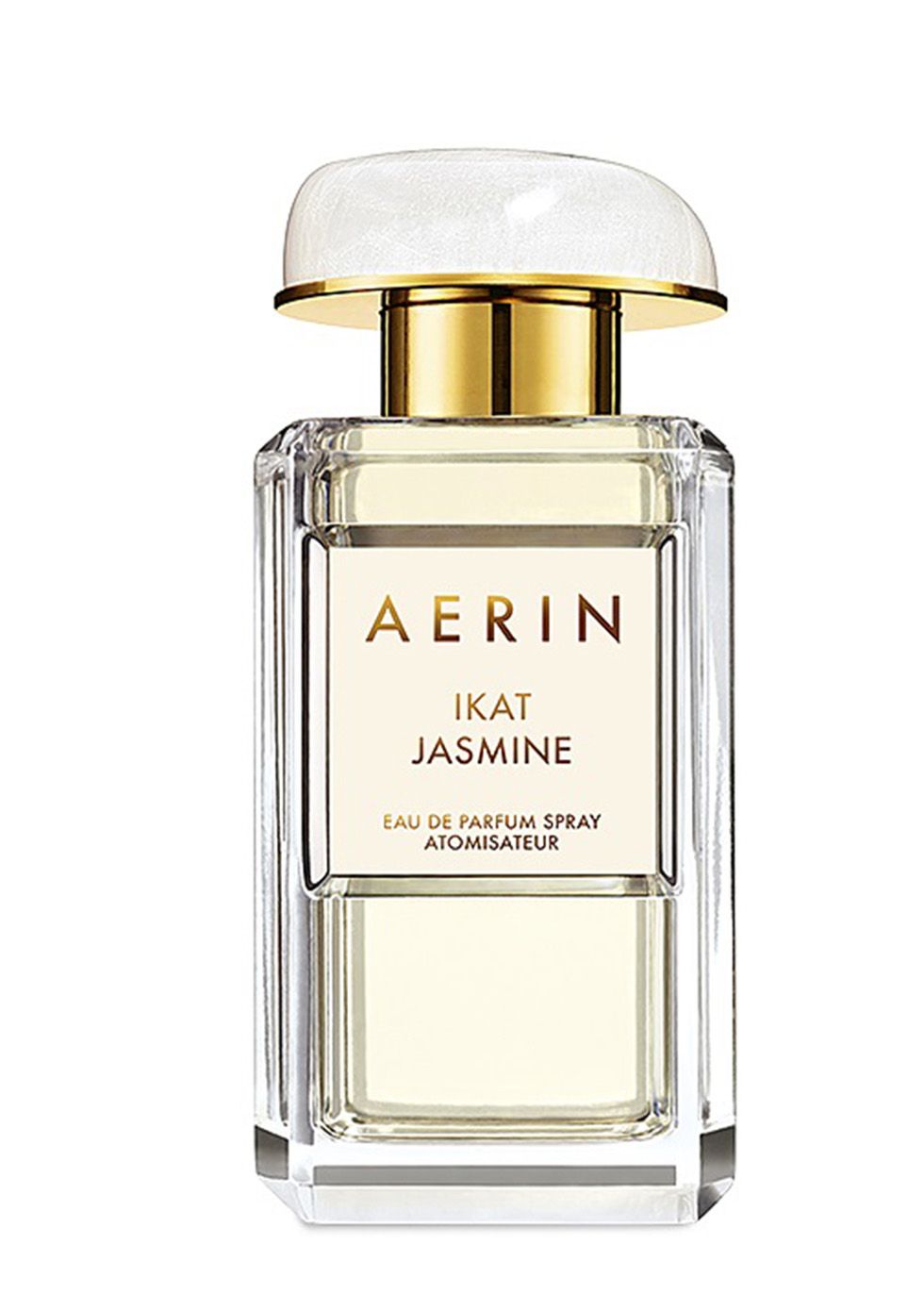
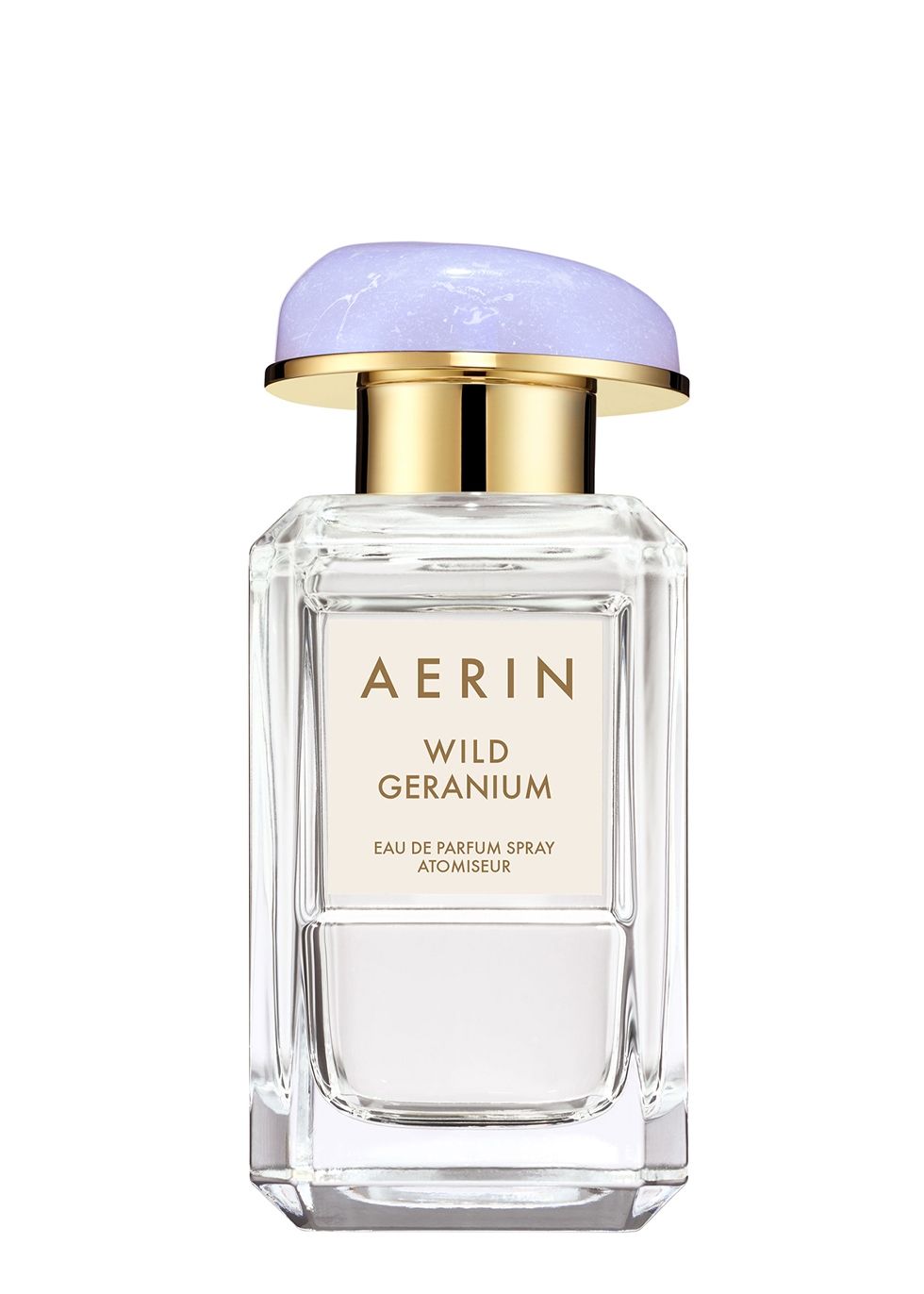
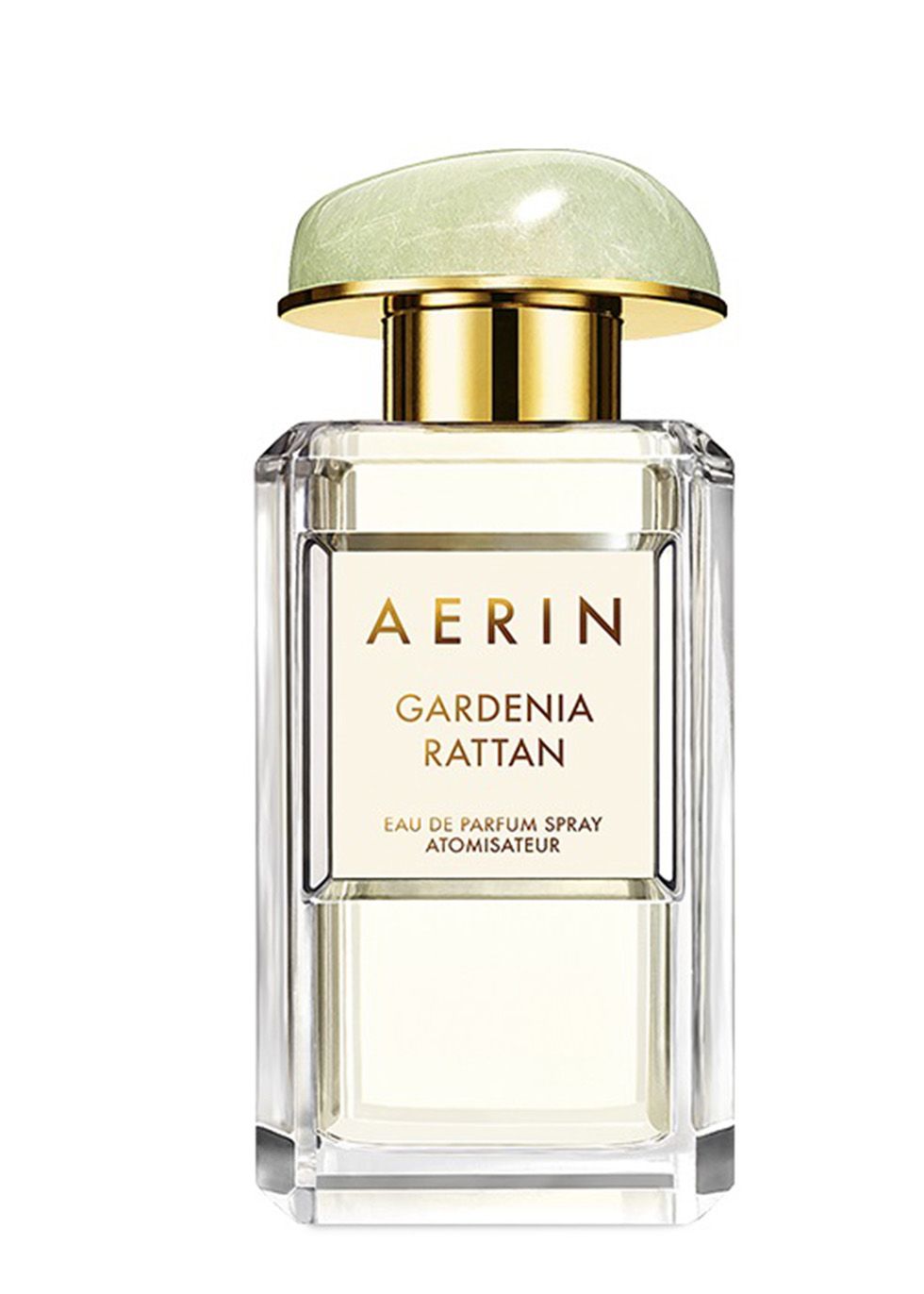
Romantic—this is the best description of Chloé fragrances. The fashion house debuted its first signature perfume in 1975, and they’ve been popular ever since. While its namesake Chloé perfume is undoubtedly its most classic, my favourite scent is Nomade, with its notes of plum, freesia, and oak moss.
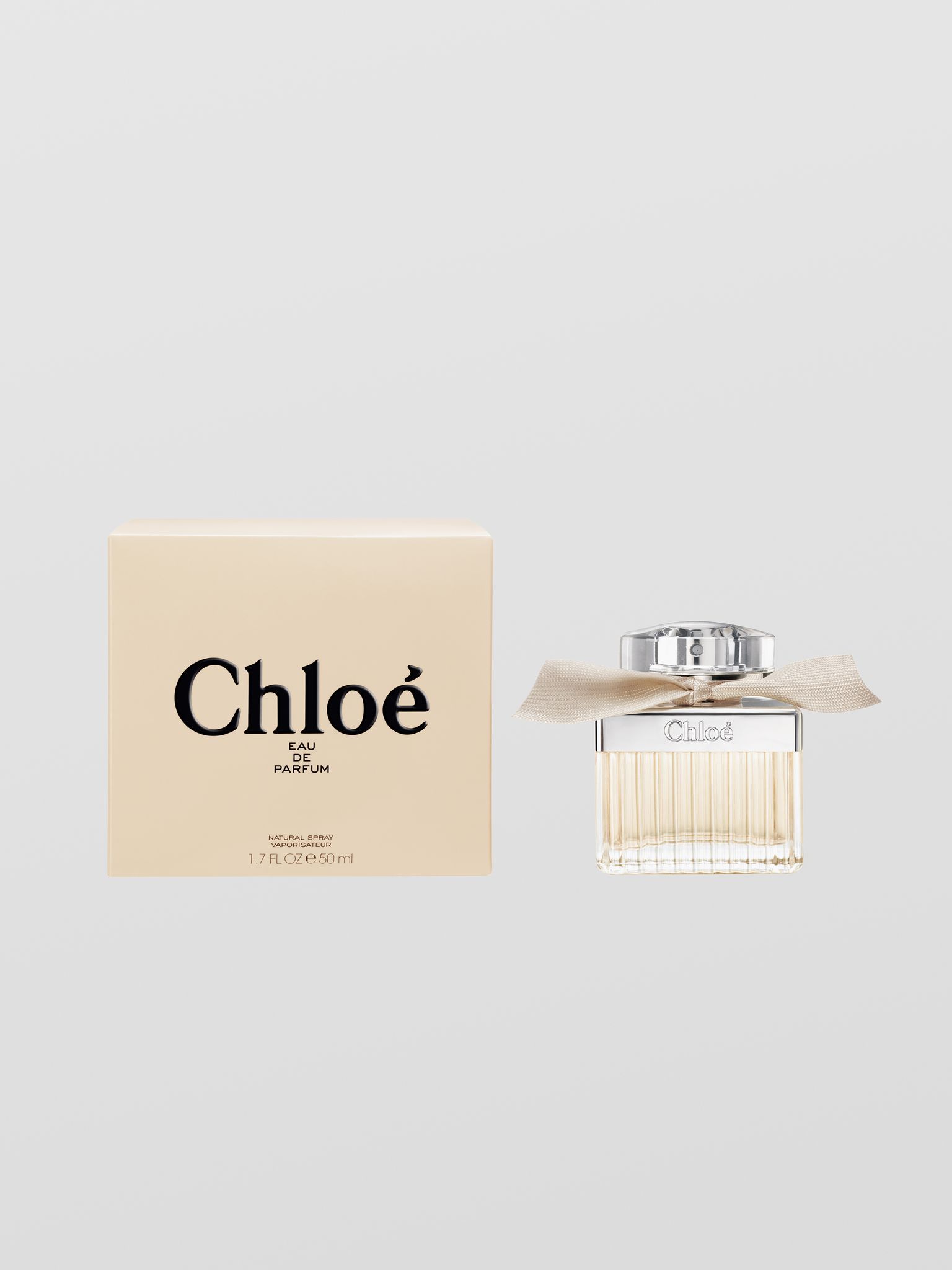
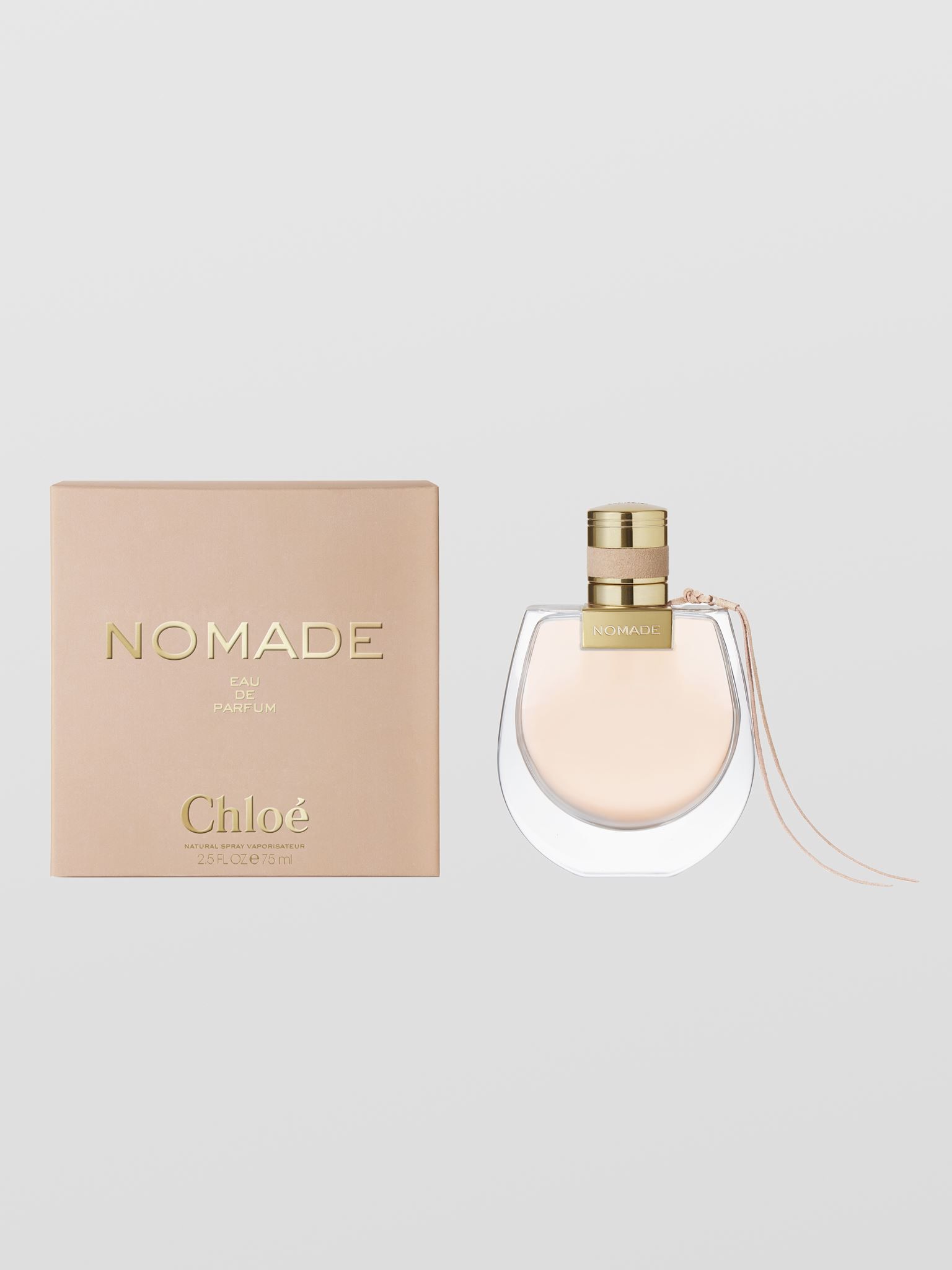
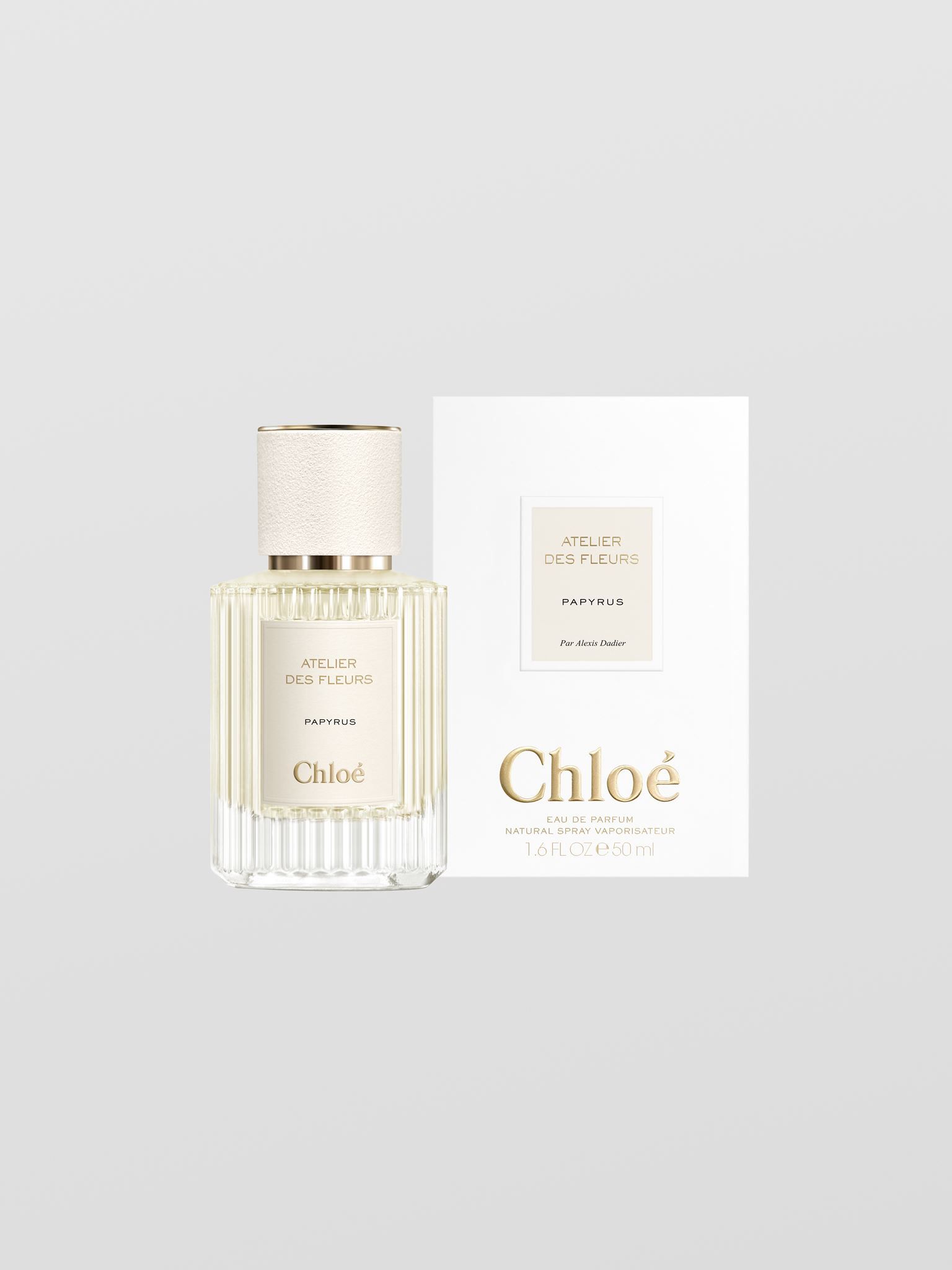
When I lived in London, each Christmas I’d treat myself to a present in Liberty. And one year, I made the best scent purchase of my life—Vilhelm Parfumerie’s Morning Chess. Its founder Jan Ahlgren may be from Sweden, but seeing as he now lives in Paris, I had to sneak it onto my list. Easily the perfume I get the most compliments on when I wear it; its notes of bergamot, Tuscan leather and galbanum, with a heart of patchouli and smoky black amber, combine together to create an irresistible potency. I’ve had many of the scents on this list in rotation over the past few years but, if I had to choose one to wear for the rest of my life, this would be it. I also adore Dear Polly, which Ahlgren blended specifically as a fragrant love letter to his wife. Sigh.
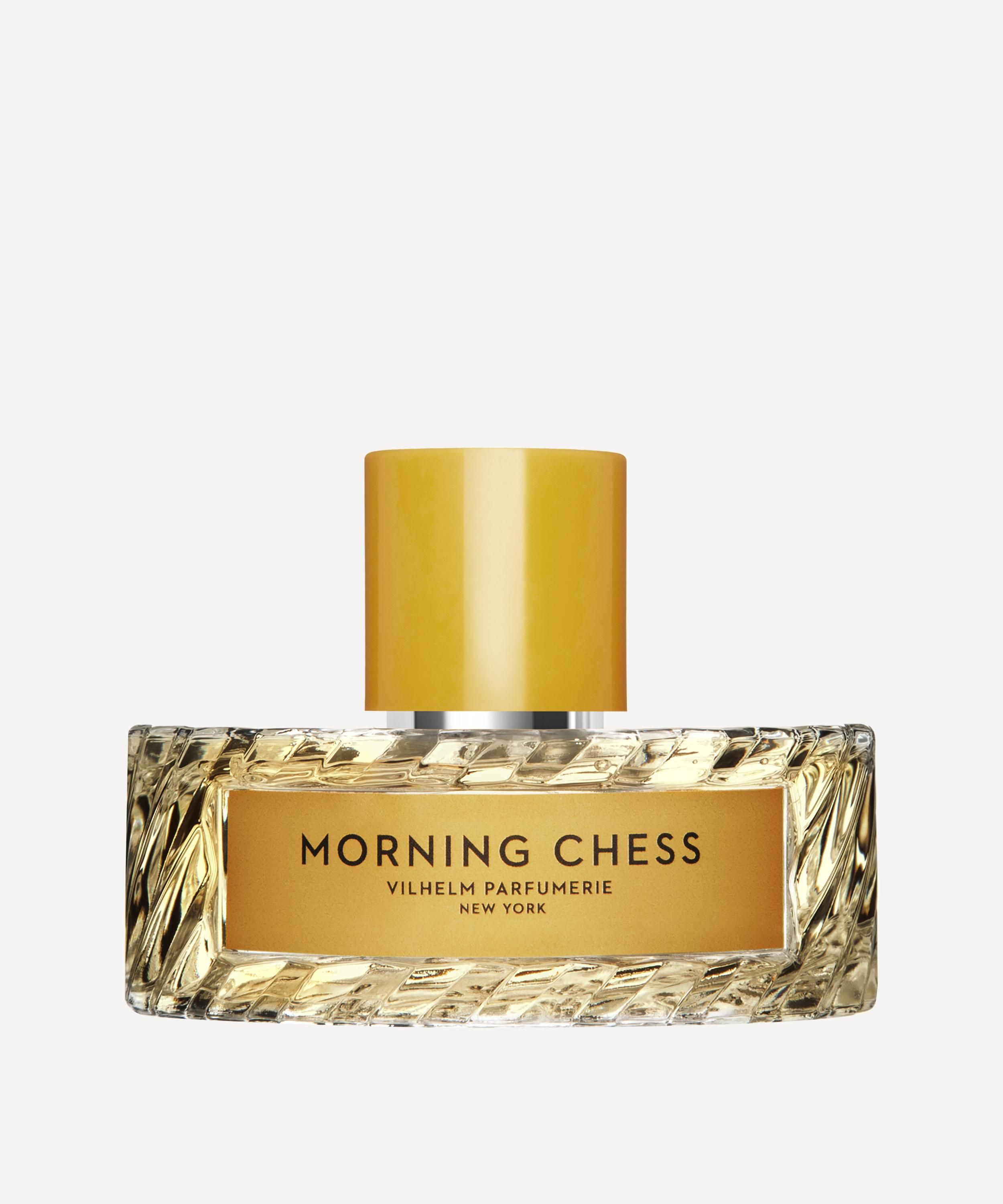
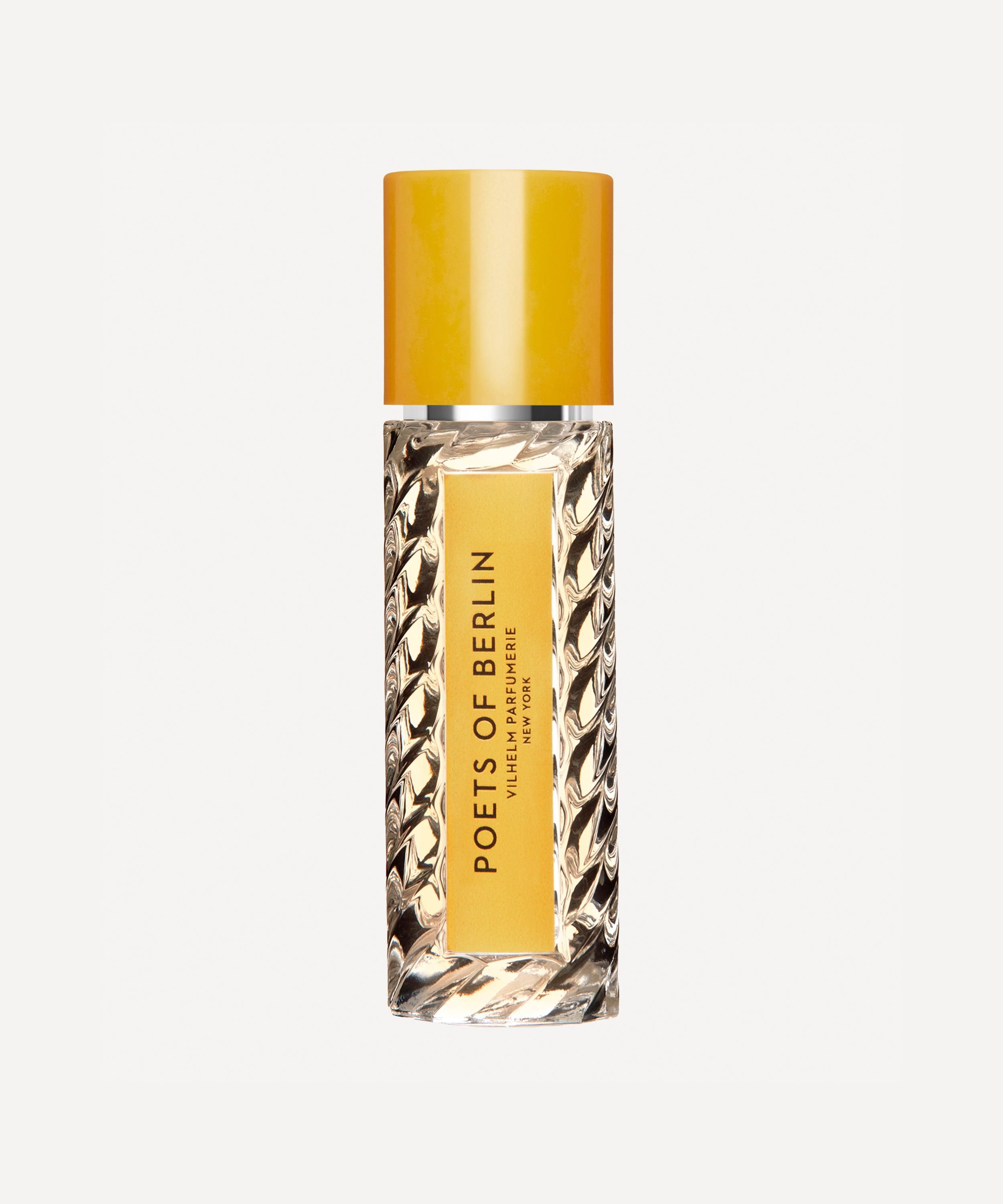
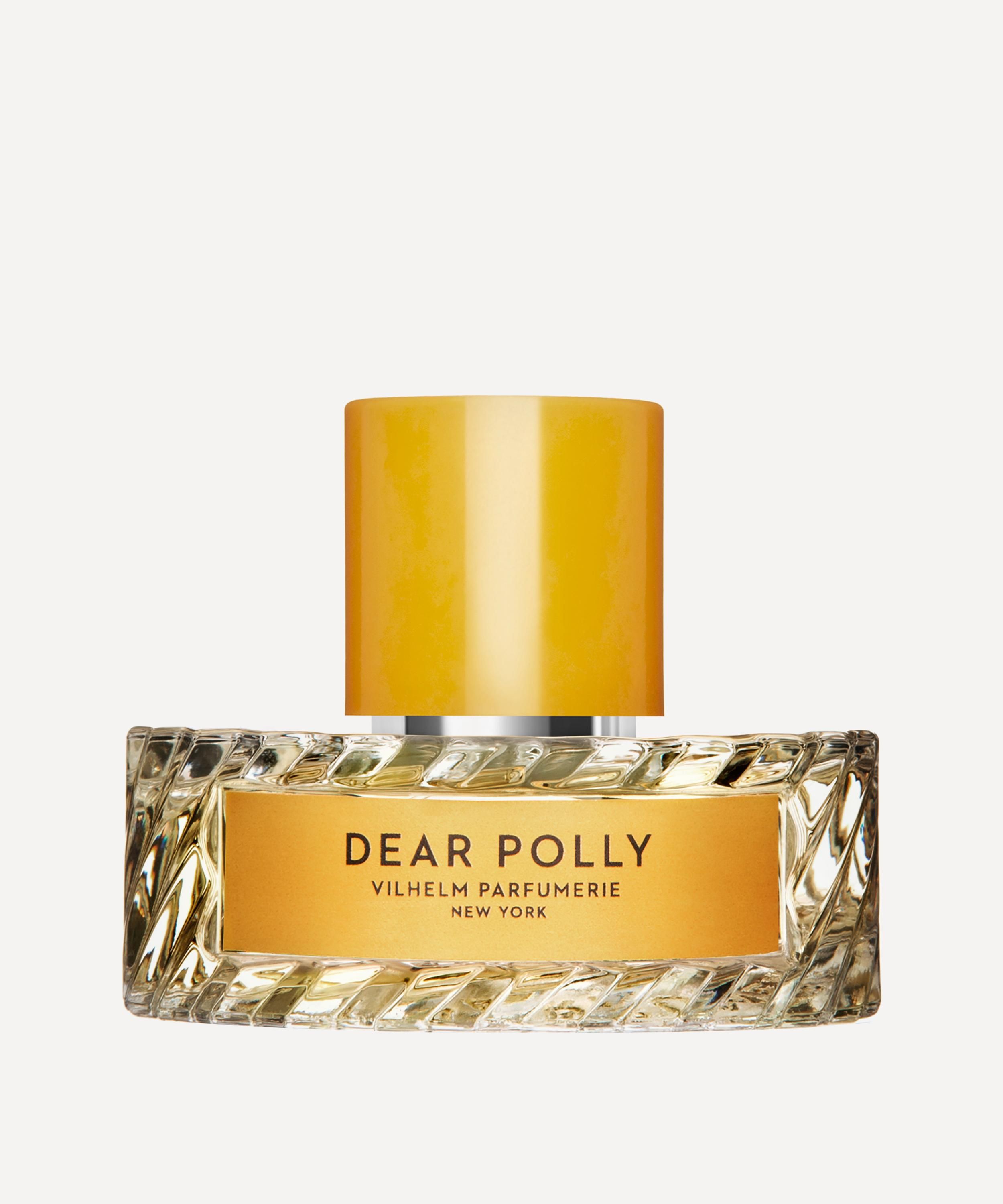
My first introduction to YSL frangrances was when I used to douse myself with my cool aunt’s Opium perfume when I’d visit her. That was 20 years ago, and she still wears it to this day, by way of the 2014 refresh, Black Opium. Me? All grown up, I now love its Libra scent.
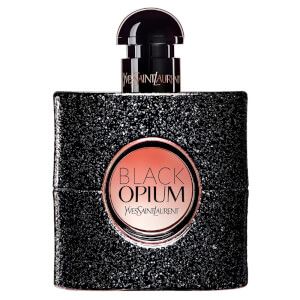
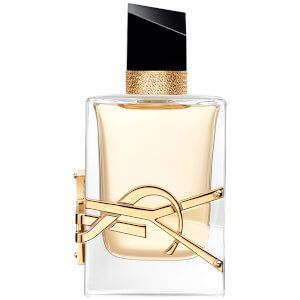
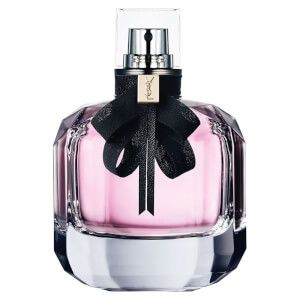
Admittedly I’m yet to try a Diptyque perfume for myself but, if they’re half as good as the brand’s iconic candles, I know they’ll be a delight. I know for a fact that Rosie Huntington-Whiteley loves Diptyque perfumes, which is perhaps all you need to know on the subject.
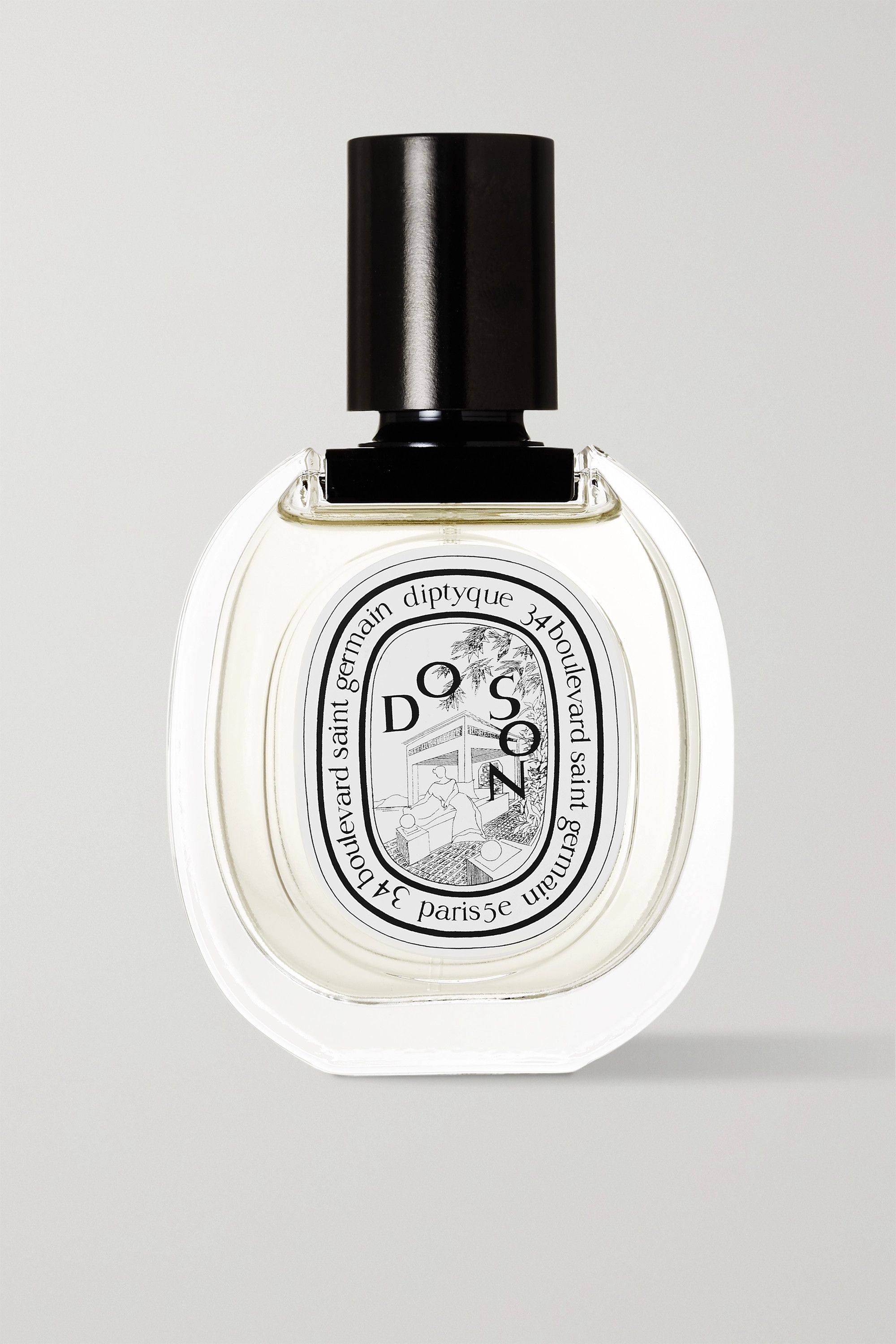
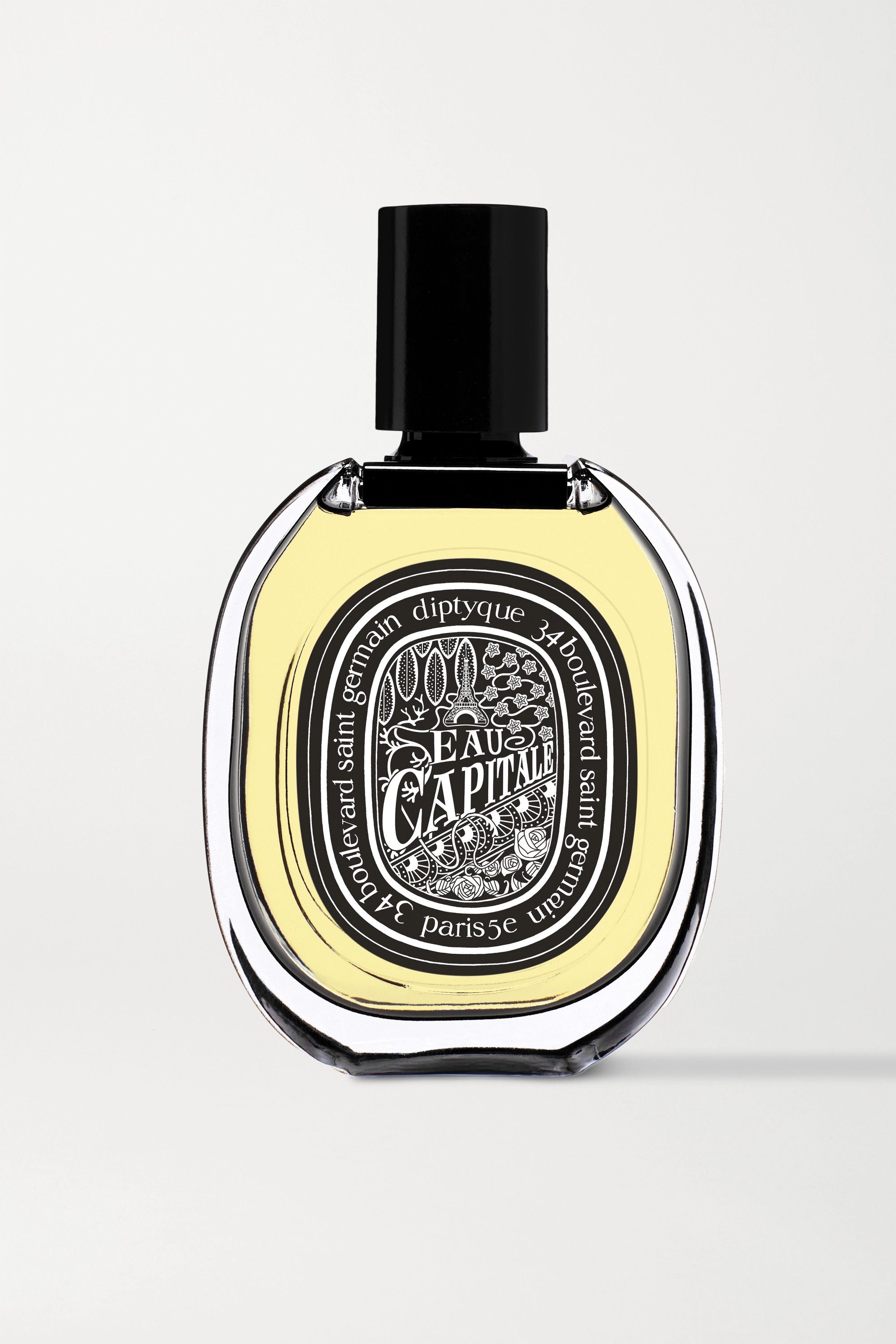
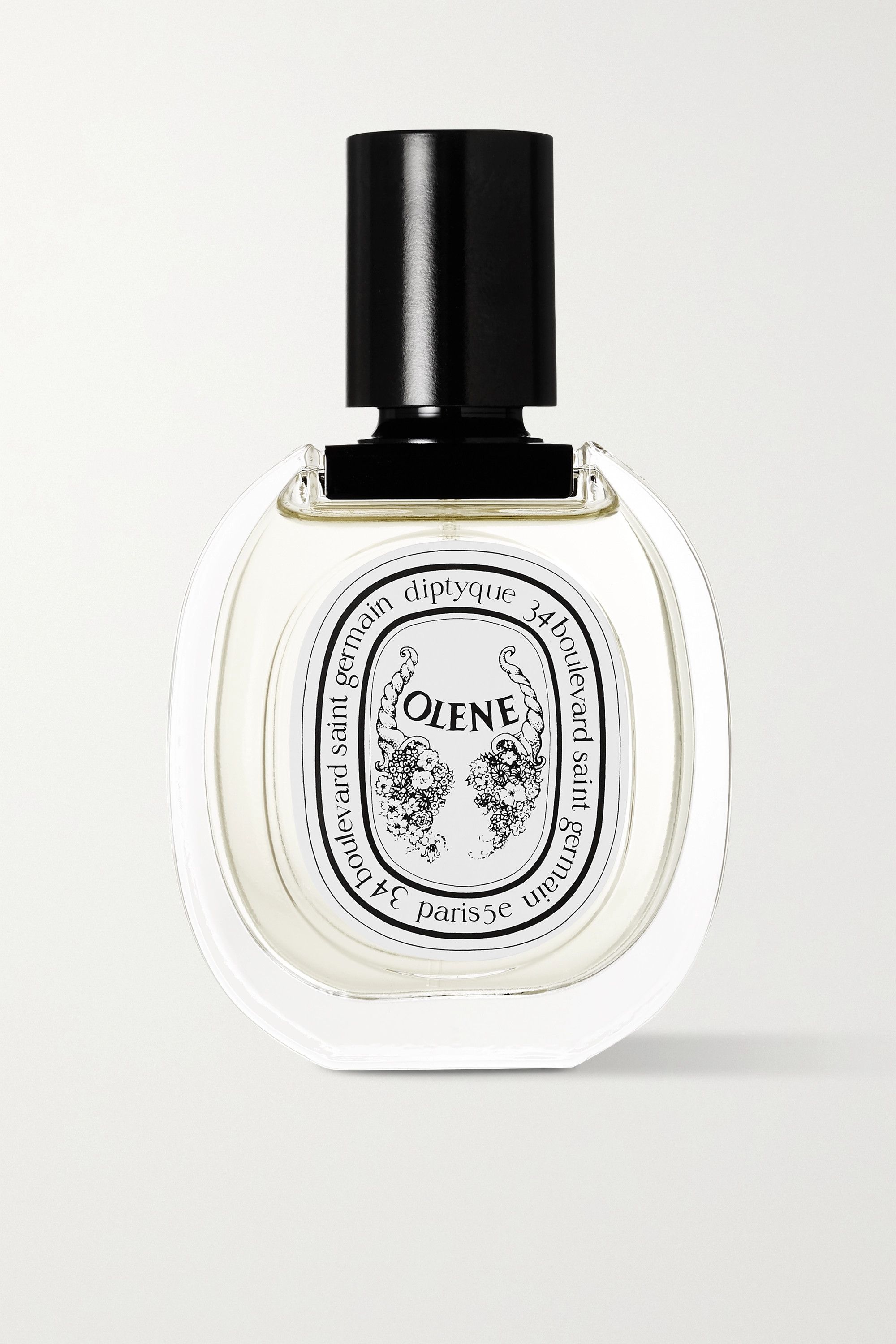
Dior first began creating perfumes to match its new fashions in 1947, with Miss Dior serving as its very first scent, which the brand’s founder, Christian Dior, named for his sister, Catherine. However, for many beauty obsessives, J’Adore is the jewel in Dior Beauty’s crown—even if it was released over 50 years later. Also, did you even grow up in the 2000s if you didn’t own a bottle of Poison?
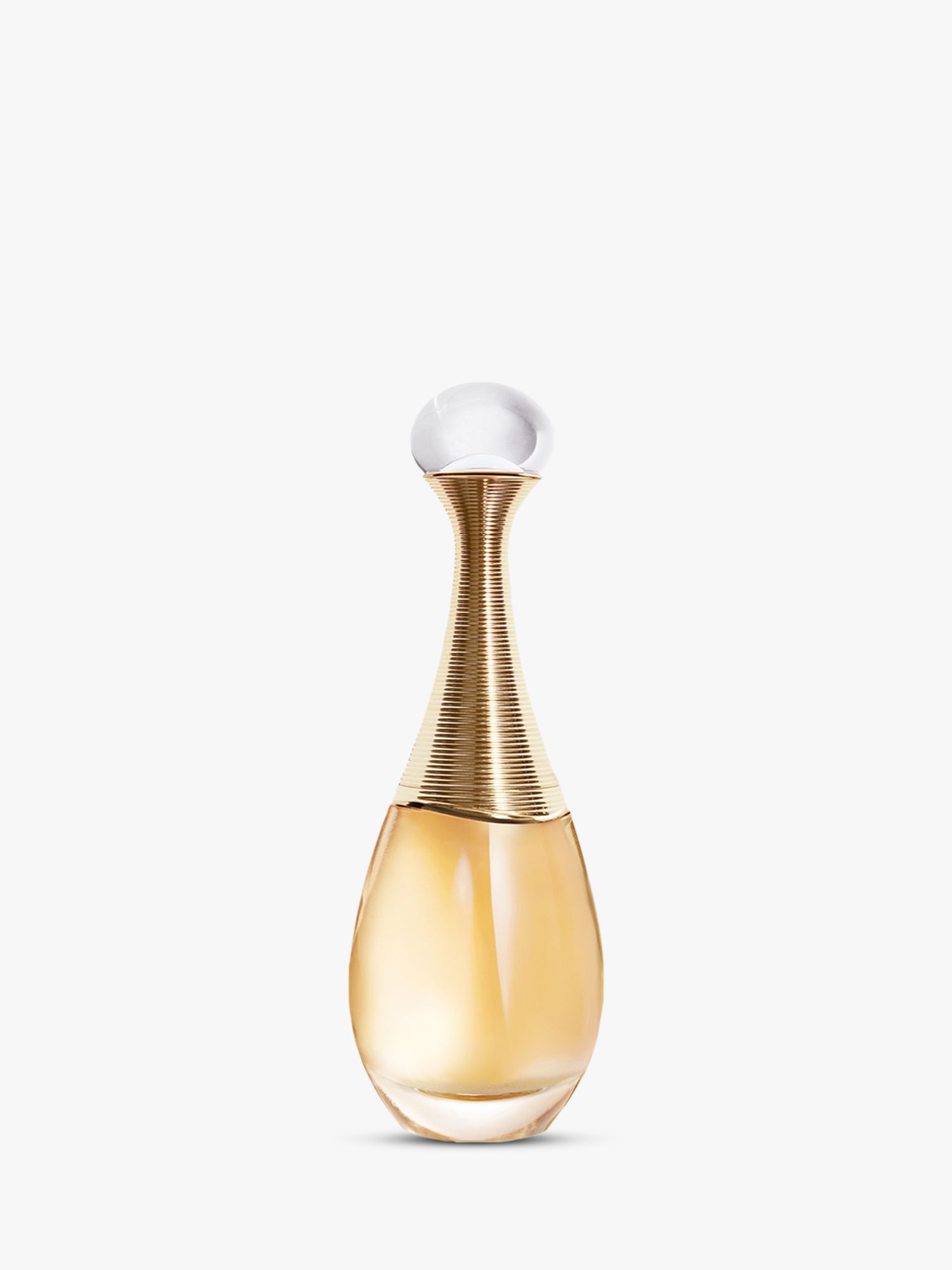
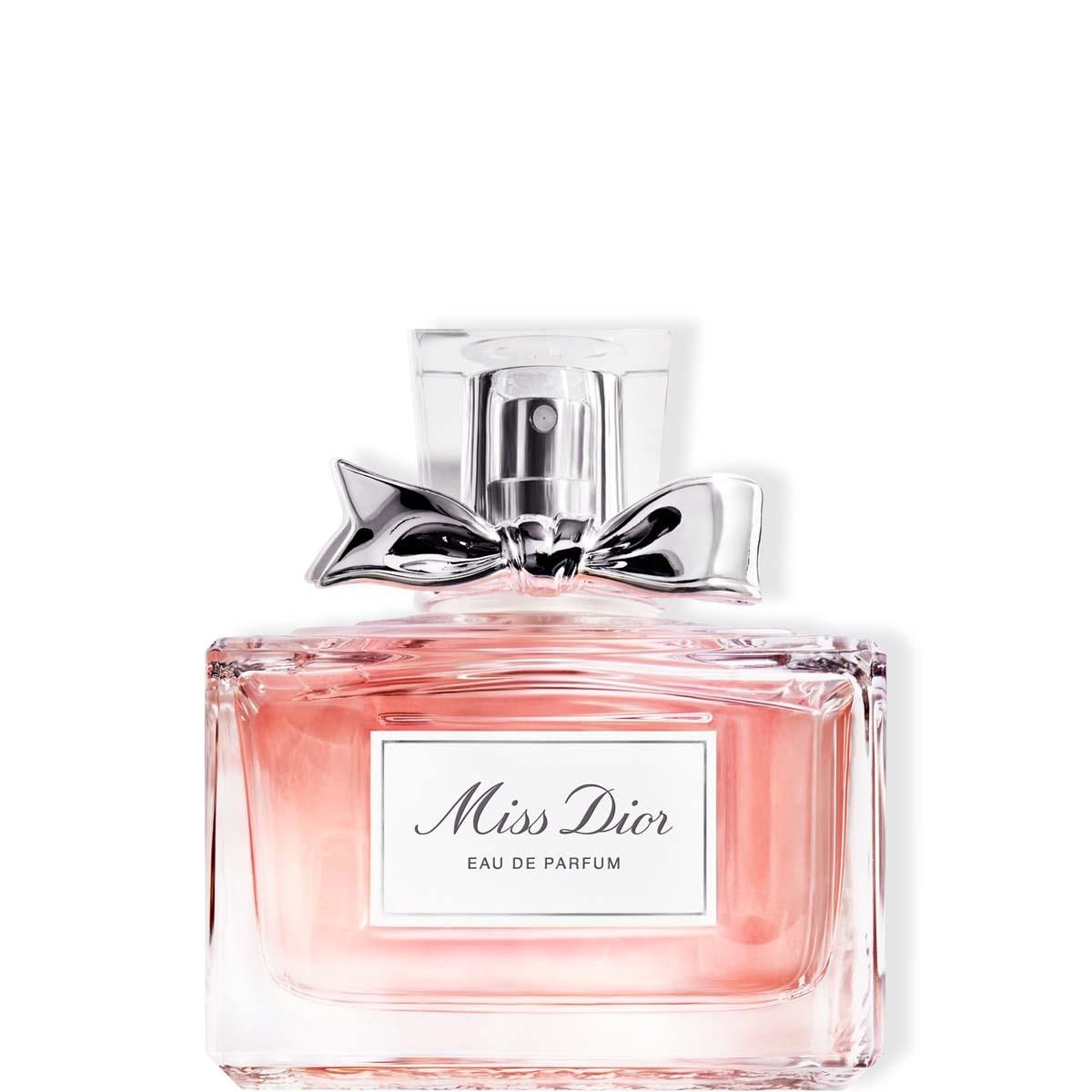
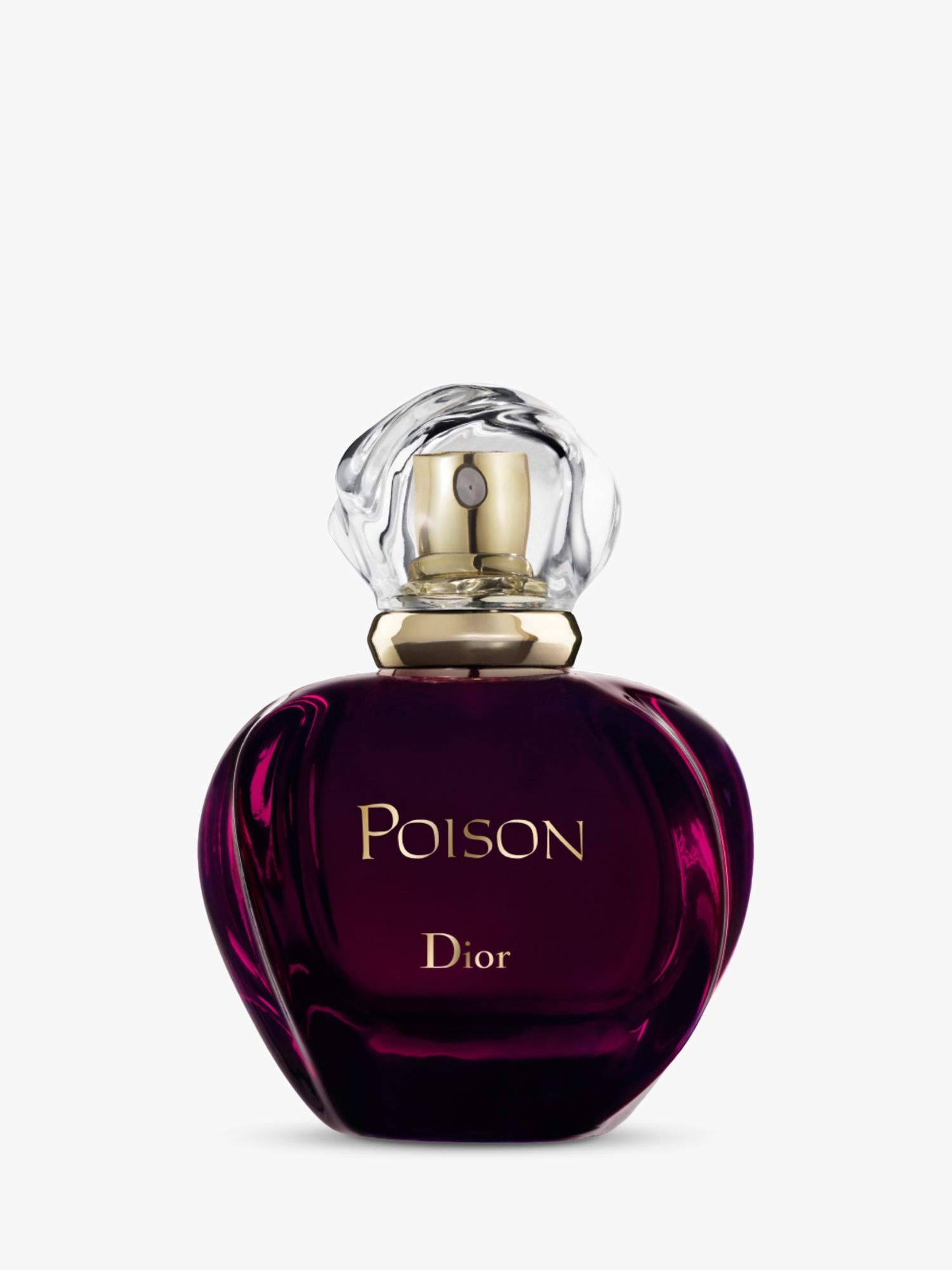
Who What Wear’s beauty editor Mica Ricketts recently told me about Ex Nihilo’s superior fragrances. She’s hard to impress, but has assured me they’re absolutely worth their price-tags. Stocked in Selfridges, I’m making a point of stopping by just to smell them during a trip to London at the end of the month. I’ll report back.
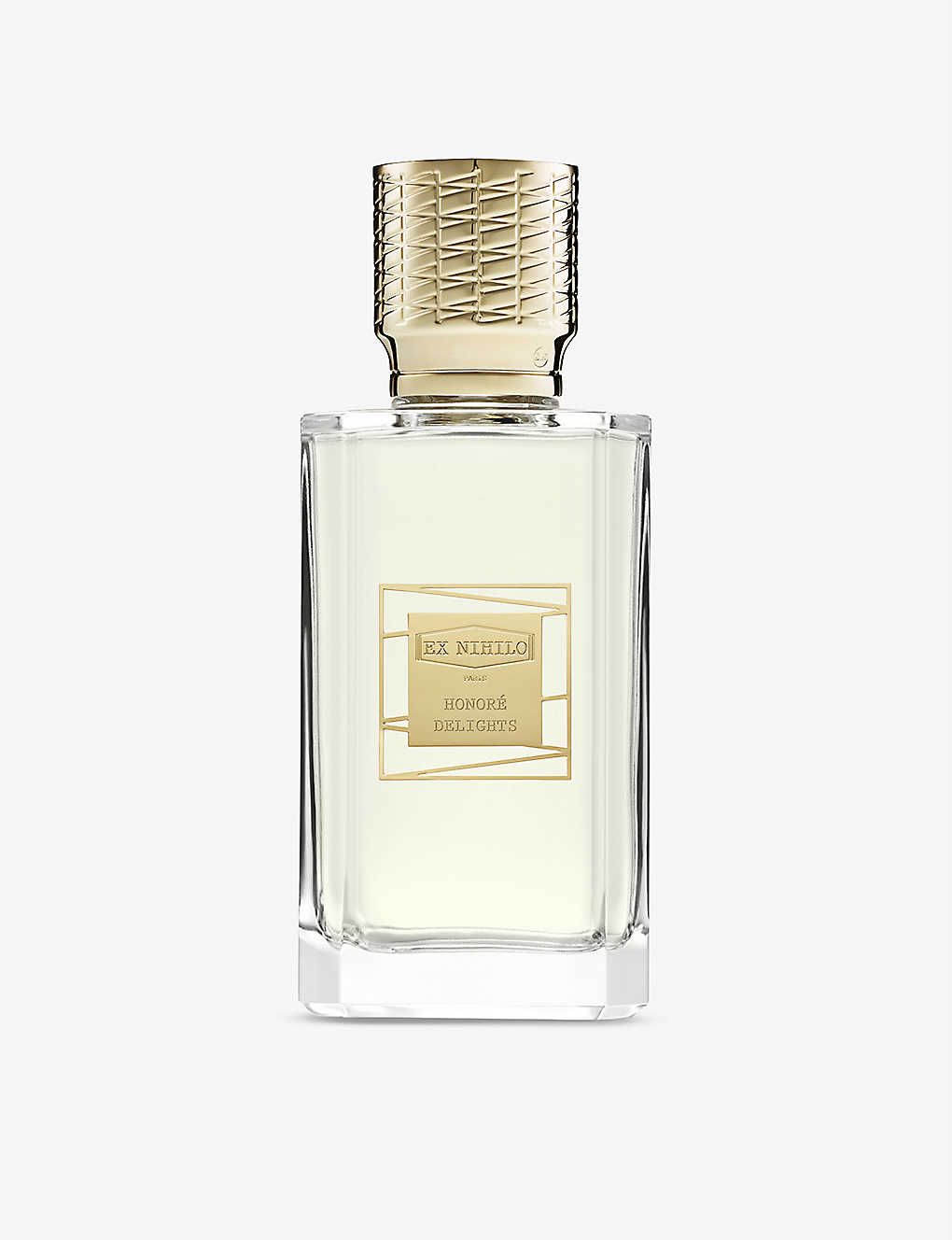
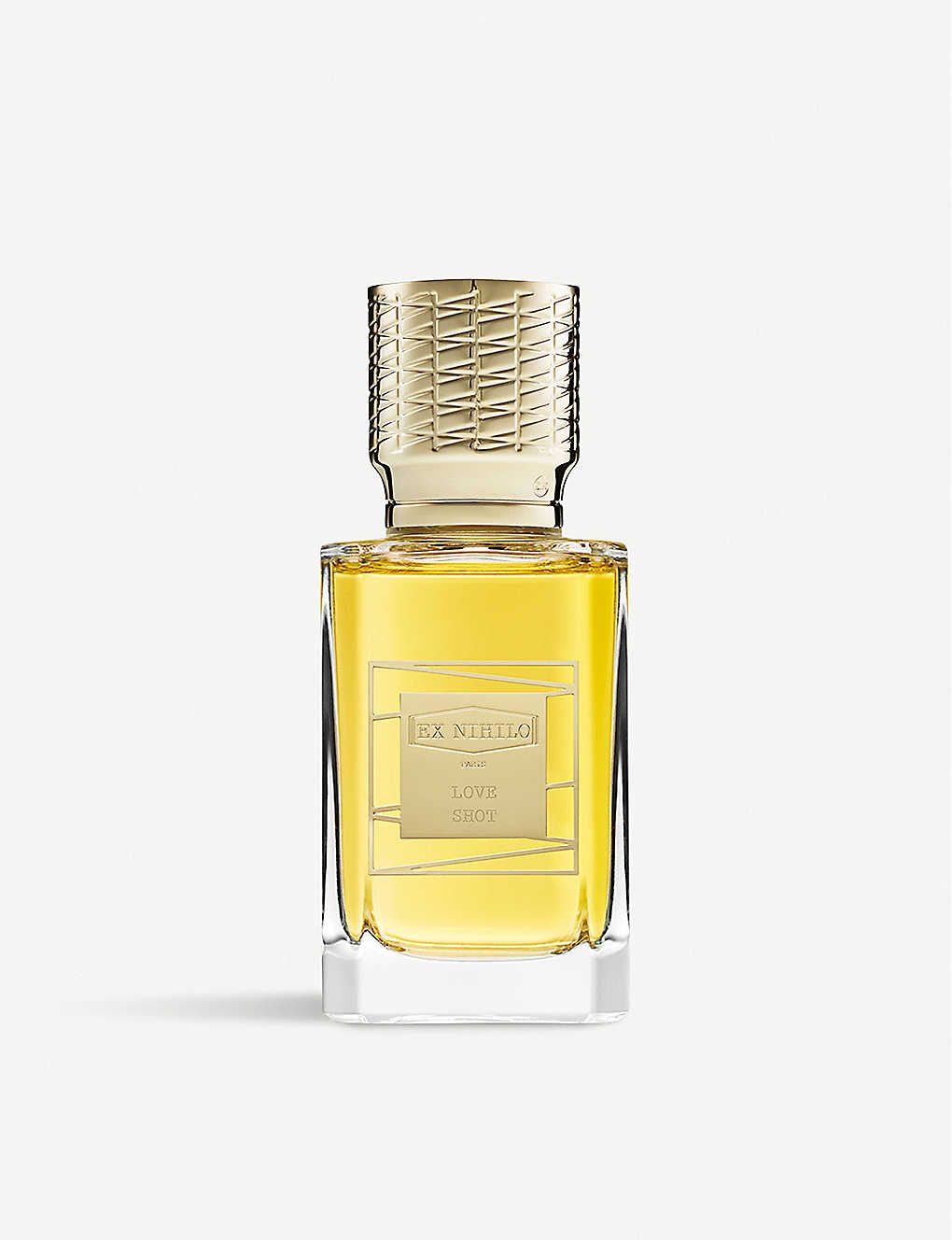
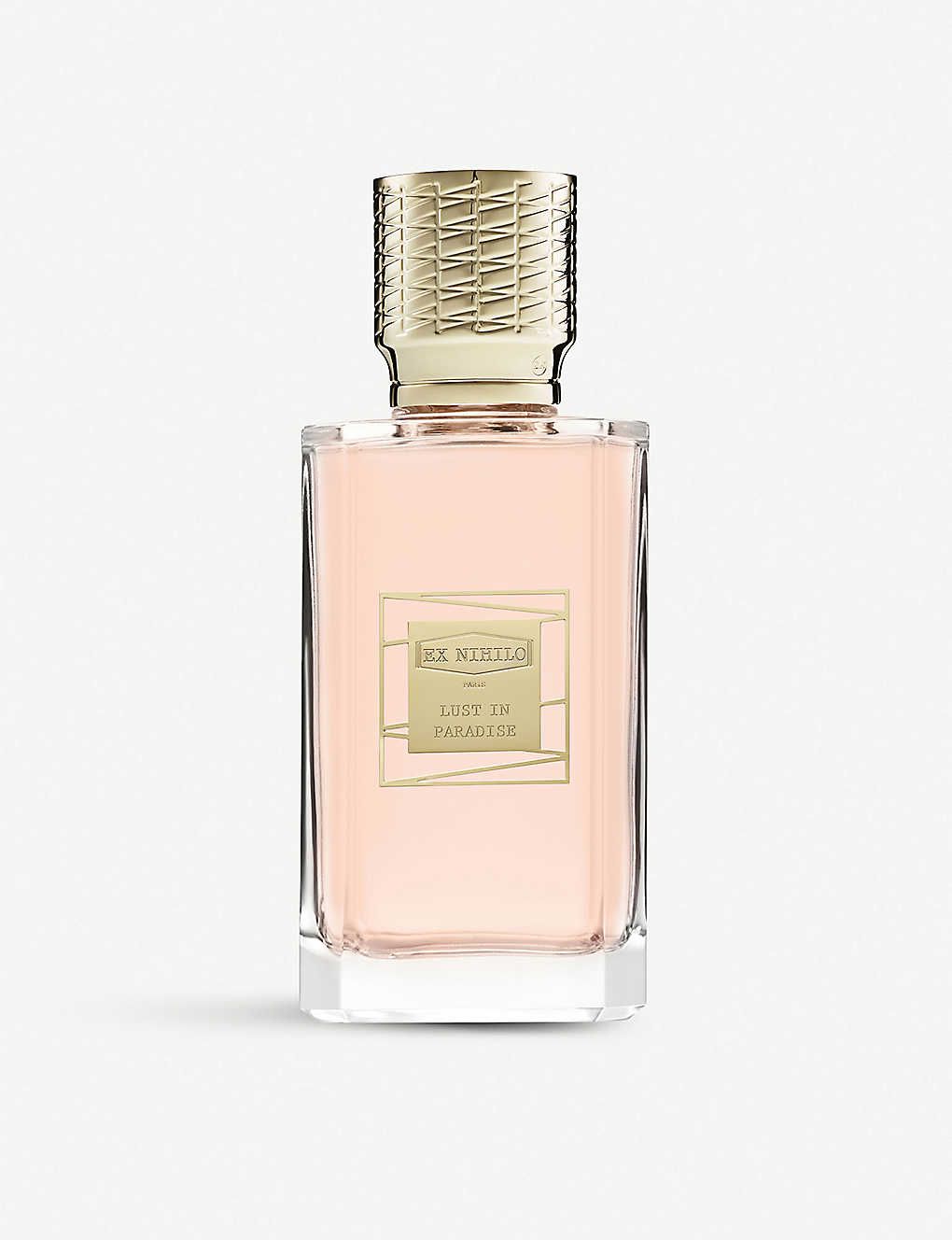
You might not know this but Lancôme actually originated as a fragrance company—especially if tourer anything like me and your teenage beauty routine started and finished with the slick of a Juicy Tube. With an impressive back-catalogue, as well as a line-up of modern fragrances, there’s a Lancôme perfume that’s sure to appeal to every woman.
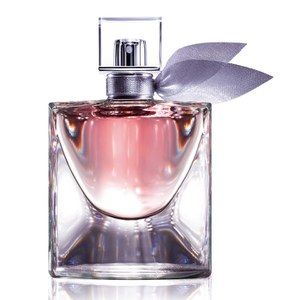
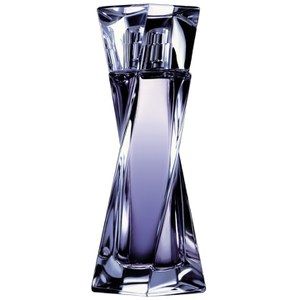
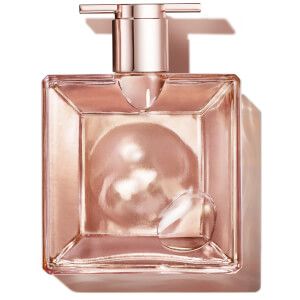
Next Up: These 11 Lesser-Known French Brands Are Fashion’s Best-Kept Secrets


